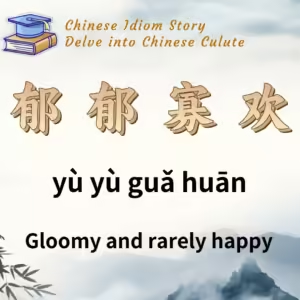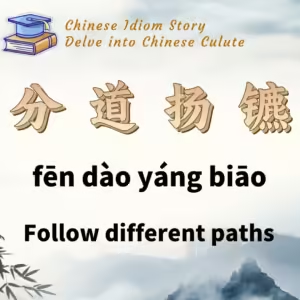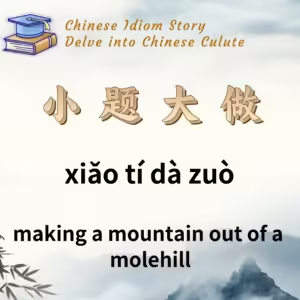
Chinese Idiom: 何去何从 (He Qu He Cong)
English Translation: Which way to go
pīn yīn: hé qù hé cóng
Idiom Meaning: This idiom is used to describe the dilemma of making a crucial decision, especially when faced with significant choices. “去” (qù) means to leave, and “从” (cóng) means to follow or comply.
Historical Source: The idiom originates from the Warring States period, specifically from the work Bu Ju (《卜居》) by Qu Yuan, a famous poet from the state of Chu.
Idiom Story:
Bu Ju is traditionally attributed to Qu Yuan, although some scholars believe it was actually written by people from Chu to mourn him after his death. In the text, Qu Yuan raises serious questions about life and how to navigate the world, using divination as a means to explore these dilemmas.
In the story, Qu Yuan (or a character representing him) asks the official in charge of divination, Zheng Zhanyin, a series of questions. After posing sixteen or seventeen questions, he asks:
Original Text:
“此孰吉孰凶?何去何从?世混浊而不清:蝉翼为重,千钧为轻;黄钟毁弃,瓦釜雷鸣;谗人高张,贤士无名。吁嗟默默兮,谁知吾之廉贞!”
Translation:
“Which of these is fortunate and which is unfortunate? Which should I avoid, and which should I follow? The world is muddled and unclear—where the wings of a cicada are considered heavy, and a massive object is deemed light; where noble instruments like the great bell are discarded, while earthenware pots resound like thunder; where the wicked rise to high positions, and the virtuous are left nameless. Alas! I shall remain silent, for who understands my integrity and loyalty?”
In this passage, Qu Yuan laments the chaotic state of the world, where true value is often ignored and where making the right choice becomes increasingly difficult. The phrase “何去何从” (hé qù hé cóng) from this text was later extracted and evolved into the idiom, symbolizing the challenge of deciding which path to take in the face of uncertainty.






